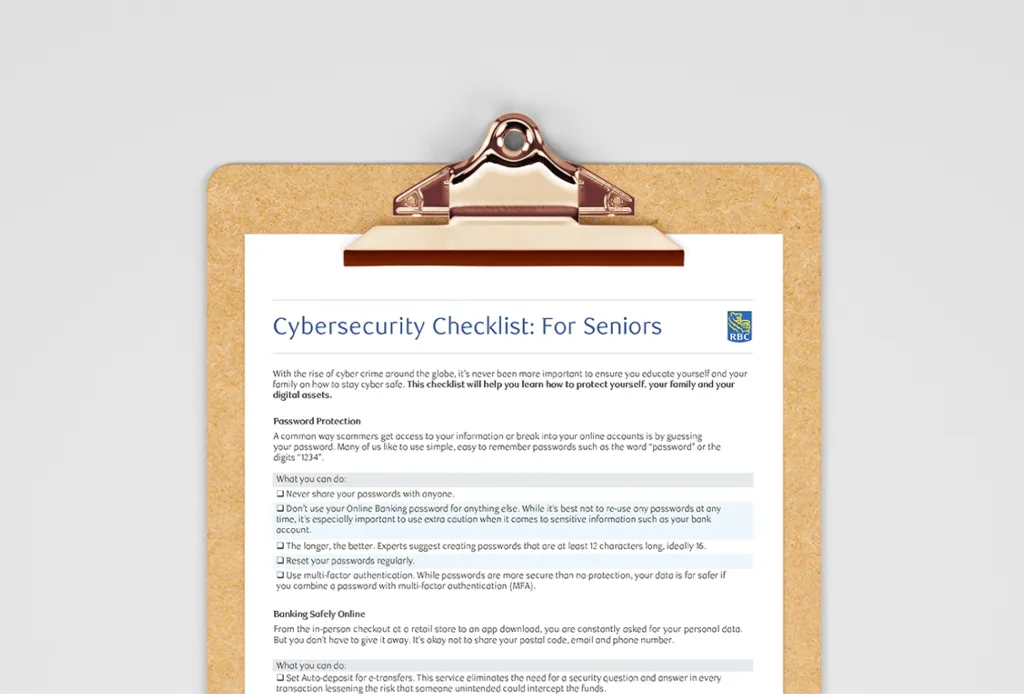Romance scams are one of the leading scams in Canada, the U.S. and many countries around the world. Already the leading scam in 2018, losses due to romance scams continued to rise through the 2020s. A recent Norton report highlights this troubling trend, revealing that online dating scams increased by 72% in the past year alone.
Nearly 350 million people worldwide use dating apps and sites, and participation continues to grow. While the popularity of online dating steadily climbs, however, so does the presence of romance scammers. Not only stealing money from their victims, these scammers can also cause significant emotional harm.
Here are some of the best ways to protect yourself and your loved ones from becoming a victim of a romance scam.
Be cautious about sharing information online
One of the reasons romance scammers are so successful in manipulating victims is that they do their research: they learn what individuals are interested in, what their hobbies are, where they love to travel, and even where they live. Consider this: You love to garden and go hiking in the winter. By posting pictures of these hobbies on Instagram, you give scammers details about you that they can use to get close to you. A question about your favourite winter hikes in the area would undoubtedly catch your eye!
While you may not be prepared to give up your social accounts (and nor should you have to), there are some things you can do to limit the personal details you reveal to strangers:
-
Keep your social accounts private – only allow people you know personally to follow you
-
Regularly go through your friends and followers – if you don’t have a real relationship with someone anymore, delete them
-
When you’re chatting with someone on a dating site, hold back on some personal details – don’t share everything about yourself
-
Create a profile name that doesn’t give away too much – avoid using your last name, year of birth or place of work
Recognize the red flags
Romance scams aren’t always easy to spot – especially when you become emotionally invested in a relationship. Many people also believe that they simply wouldn’t fall for a romance scam – they’re too smart for that! The reality is that even the brightest, most experienced, most skeptical people can fall victim to a romance scam. This is because these scammers know what they’re doing, often have a team of people working with them (along with proven scripts and tactics they can use) and know how to prey on people’s vulnerabilities.
That’s why avoiding romance scams takes a good measure of diligence and perceptiveness. Here are some of the most common red flags of a romance scam:
-
Someone looks too perfect – their profile picture resembles a model more than a regular person
-
Their profile picture is an extreme close-up or just a partial photo – this suggests they want to hide their “identity”
-
The individual you’re chatting with showers you with over-the-top affection and compliments early in the relationship – this is a sign a scammer is trying to win you over quickly
-
Soon after connecting, they want to leave the dating site and ask to communicate directly – dating sites now have tools that can detect romance scams, so taking a conversation offline increases a scammer’s chance at success
-
They claim their job makes them unable to connect in person – i.e., they are in the military, work on an oil rig, or work in an undisclosed branch of government
-
They promise to meet in person but always come up with an excuse why they can’t – if you haven’t met the person after a few months, there is reason to be suspicious
-
They ask for money – this is a bright red flag that someone is trying to scam you. Even if you’ve been in an online relationship for several months or the amount they ask for is small, any request for an online transfer, prepaid gift card or investment dollars is a sign of a scam.
Involve your friends or family
While you may understandably want to keep your personal life personal, one of the best ways you can protect yourself against a romance scam is to keep someone else in the loop about who you’re connecting with online. Compared with someone who is emotionally connected, an individual with an outside perspective may be in a better position to spot red flags.
While you don’t need to share every conversation, letting a trusted friend or family member in on the direction and nature of the online relationship can help avoid heartbreak. Remember, if they try to isolate you from friends or family, that’s a signal they’re running a romance scam.
Do your research, ask questions
Online scammers helped launch the term “Catfishing,” which happens when someone lures another into a relationship through a fictional persona. As many romance scammers are not who they appear to be, they can’t often stand up to a few simple questions. Here’s how you can test their authenticity:
-
Use online searches, like Google’s reverse image search, to research the person’s photo and profile and see if they have been used elsewhere
-
Ask questions about specific experiences – i.e., “Can you walk me through your trip to Italy? What cities did you visit?”
-
Ask about their local area, such as their favourite local restaurant
-
If you’re on a video call, ask to see something in the room they’re in – such as the view out their window or a pet they claim to own. Asking for the person to move around can help reveal AI-generated/enhanced personas
While romance scams continue to cheat people out of money, love and trust, it is possible to avoid being a financial or emotional victim. Navigating online dating platforms armed with your own tactics and defenses can help you fend off fraudsters and find people with a similar objective – to find someone real to connect with.






